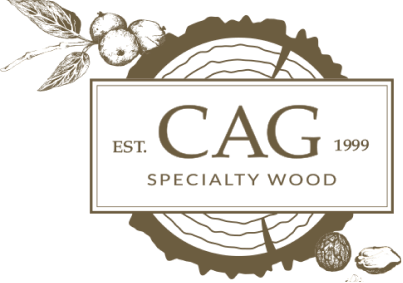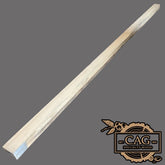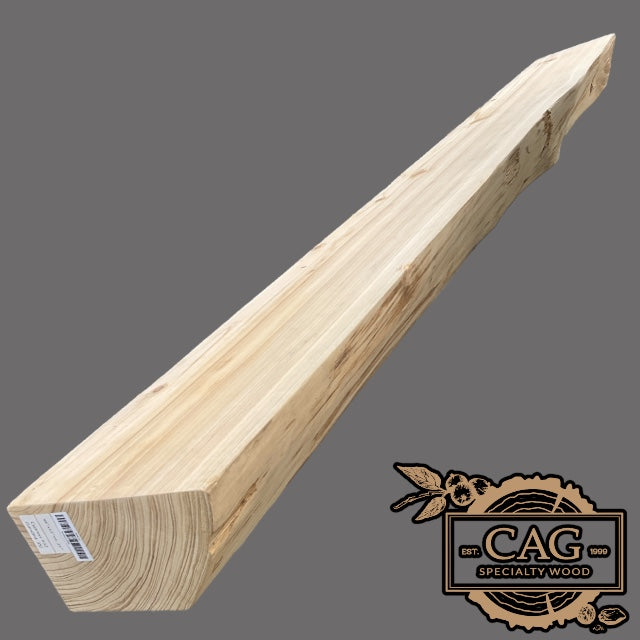
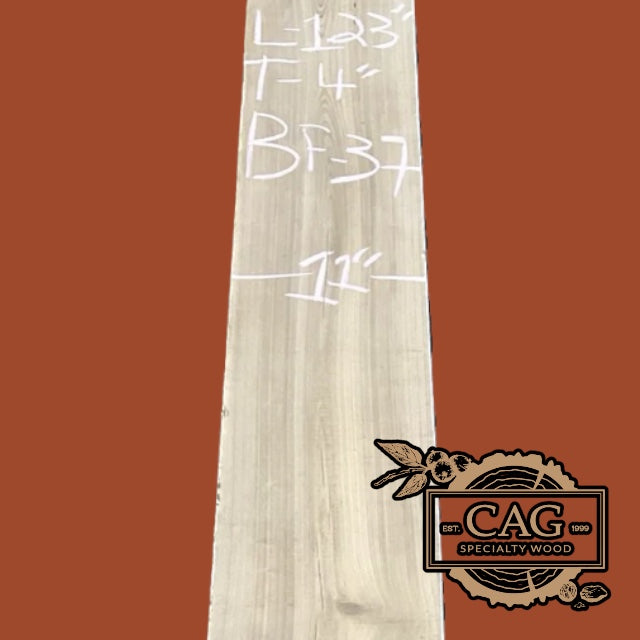
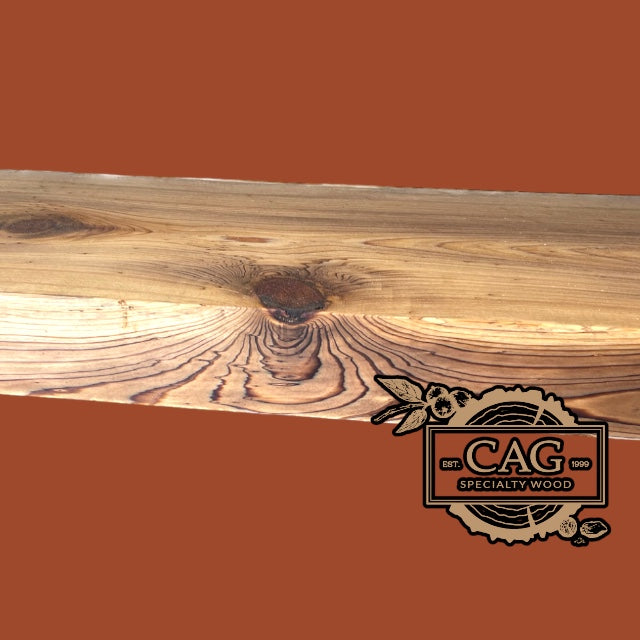
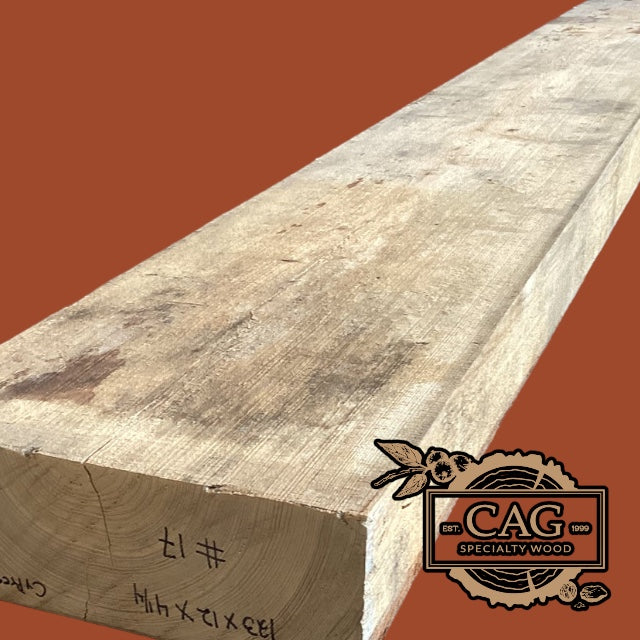

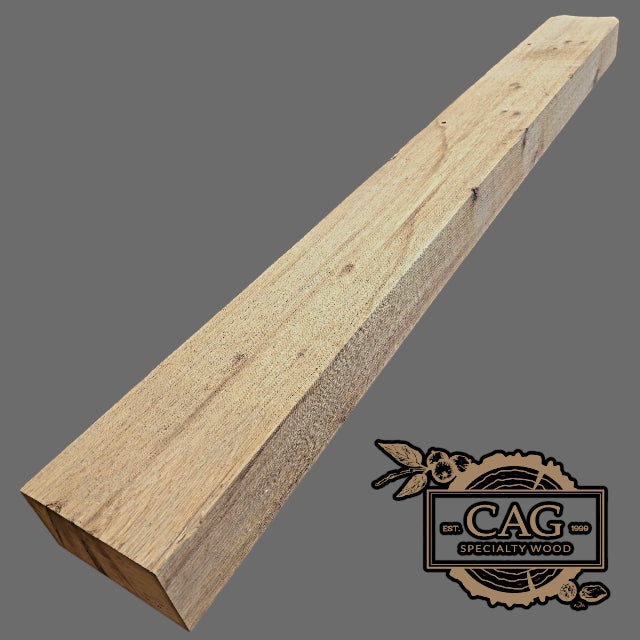
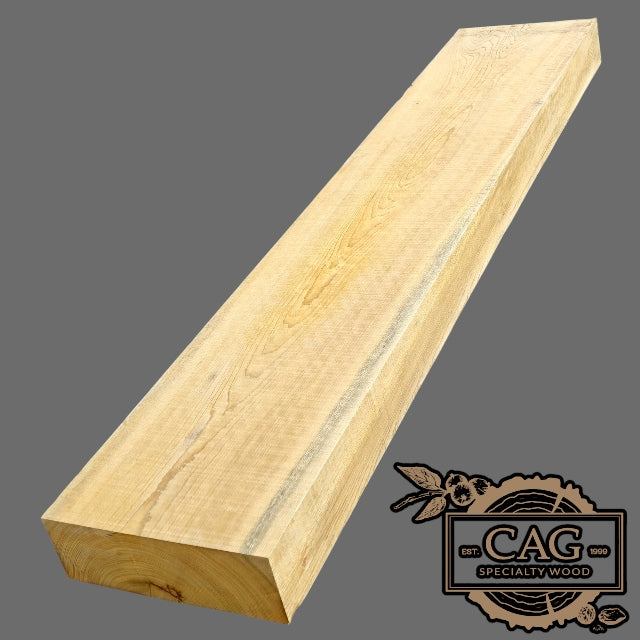
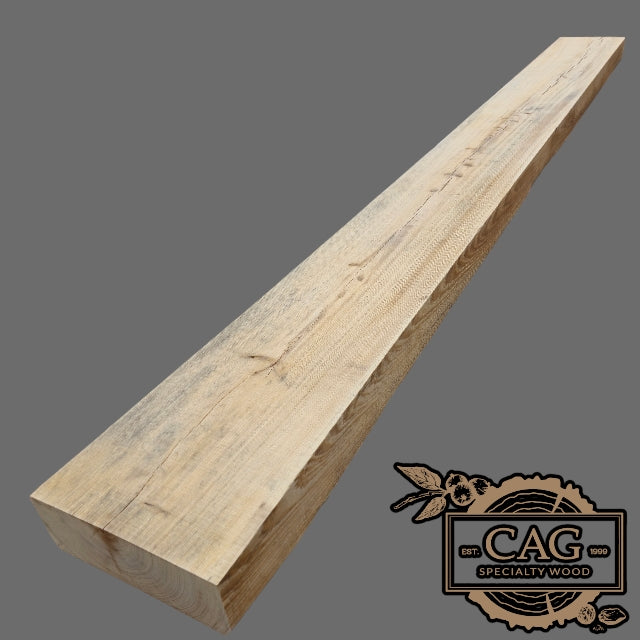
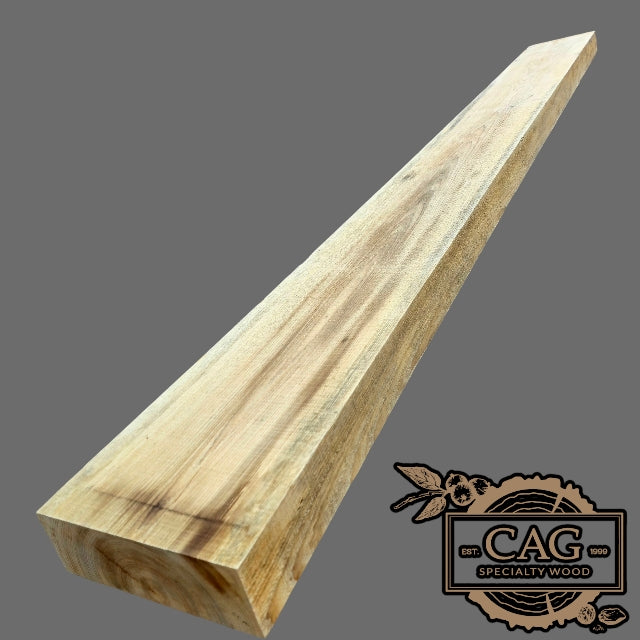
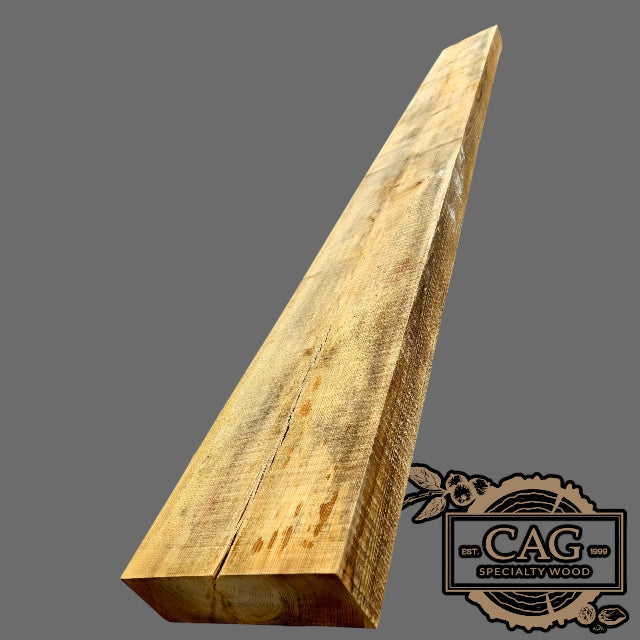
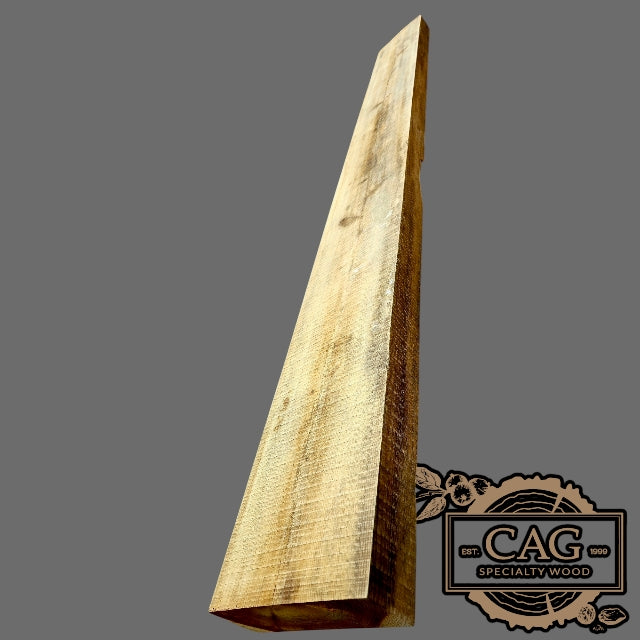
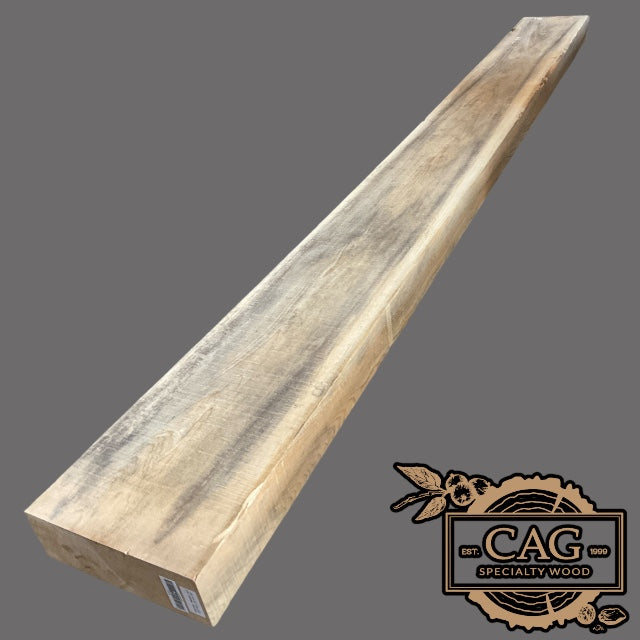
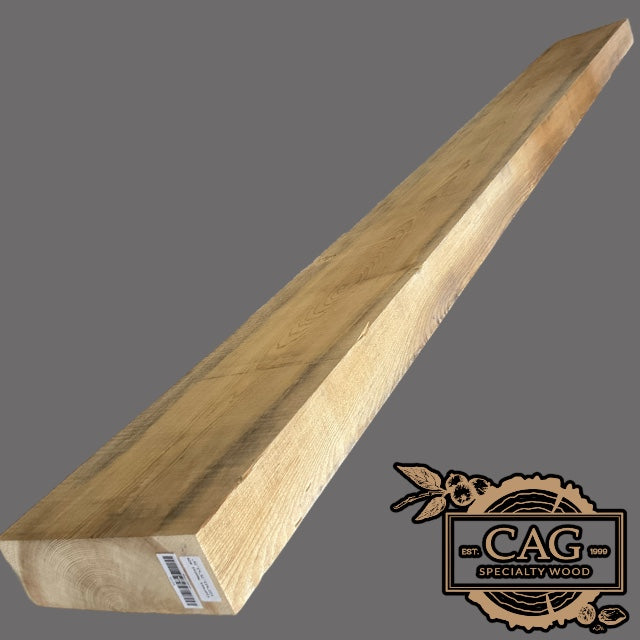
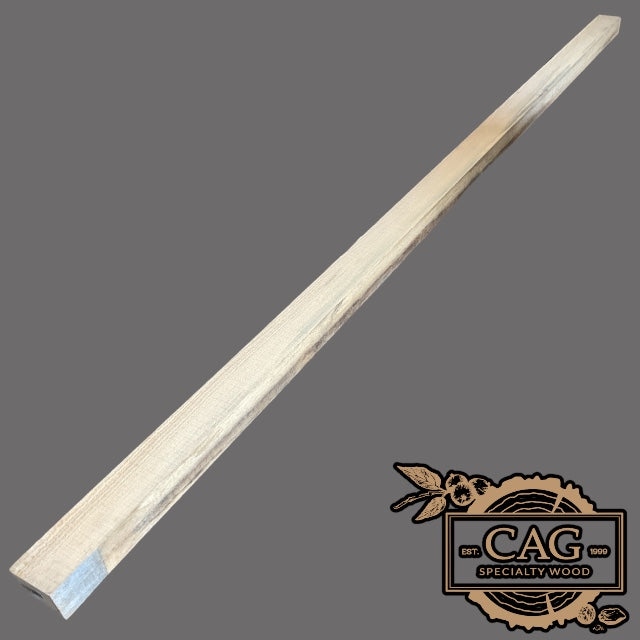
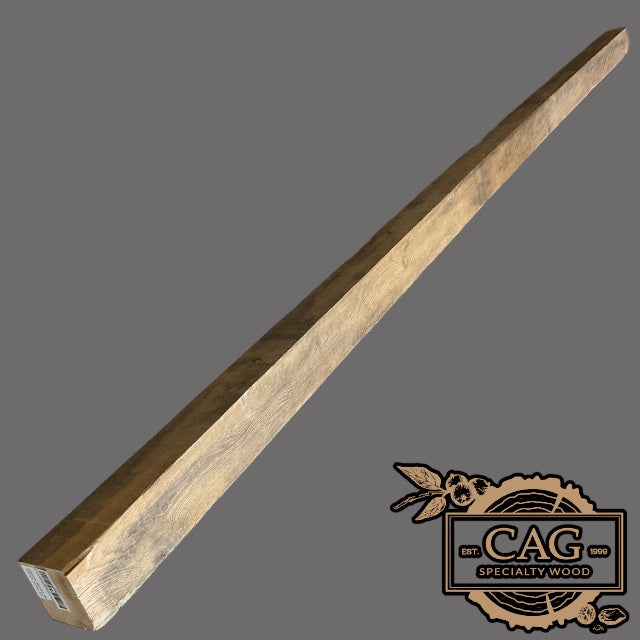
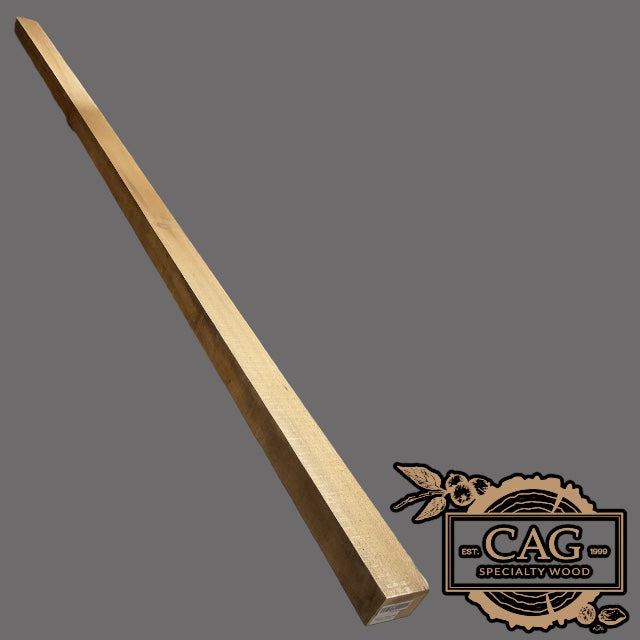
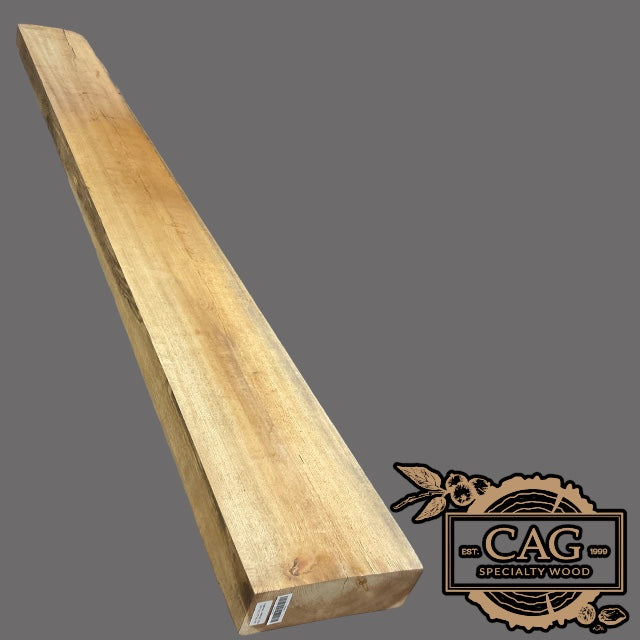
Cypress Mantels
Cypress (Taxodium distichum) Woodworkers who are looking for a natural alternative to cedar and redwood, with superior qualities at a competitive price, are turning to Cypress. Cypress trees are conifers, but unlike most American softwoods, they are deciduous trees that shed foliage in the fall like hardwoods. Although cypress is a softwood, it grows alongside hardwoods and is traditionally grouped and manufactured with hardwoods.
Most cypress trees are natives of the South and grow in the Atlantic and Gulf Coastal Plains from Delaware to Texas, as well as in the Mississippi Valley from the Louisiana Delta to southern Indiana. Cypress roots love water. Some trees growing on wet sites develop what are called cypress “knees” or pneumatophores. The knee-like upright growths come from the roots, helping to support the tree and also to aerate the waterlogged root system. The wood from the knees is soft and light and can be used to make vases and novelty items.
A cypress tree can grow as tall as 145 feet with a diameter of 12 feet, but a more typical size is 100 feet high and five feet wide. Cypress lumber is available in various thickness from 4/4 inches to 16/4 inches. The width of a piece of cypress ranges from four inches up to one foot wide, while the available lengths are six to 16 feet. While cypress grows in abundance, removing the trees often takes helicopters to lift them out of the thick swamps.
When dry, cypress resists warping, twisting and splitting, increasing its durability by holding nails and screws well. Cypress cuts, sands and planes with ease with power and hand tools, but it can be a challenging wood to carve. Since cypress produces no sap, it takes applications of glue and stain evenly, and when protected with a clear sealer, cypress wood can last for hundreds of years.
Cypress is popular choice in construction applications where decay resistance is needed. Some common uses for the wood include: exterior construction, docks, boatbuilding, interior trim, and veneer.
|
Botanical Name |
Taxodium distichum |
| Origin | Southeastern United States |
| Janka Hardness | 510 lbf |
| Average Dried Weight | 32 lbs/ft3 |
| Workability | Sharp cutters and light passes are recommended when planing to avoid tearout. Cypress has good gluing, nailing, finishing, and paint-holding properties. |
| Related Species | None |
Cypress Mantels
Cypress Mantel #7 - 122”x3.75”x2.75”
4050 Old Cornelia Hwy
Gainesville GA 30507
United States
Wood Calculator Section
Need Help Figuring out how much you need ?
One Board foot = 144 Cubic Inches
Example: If you need a piece of wood 12 inches wide, 1 inch thick and 24 inches long, that is equal to 2 board feet.
12 inches x 1 inch x 24 inches = 288 inches. 288/ 144 = 2 board feet

